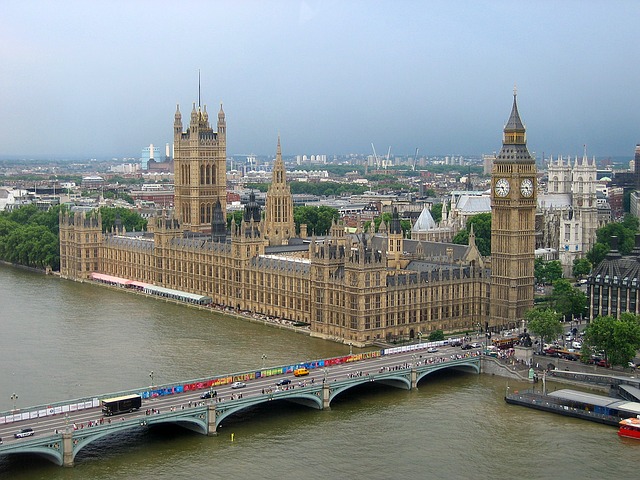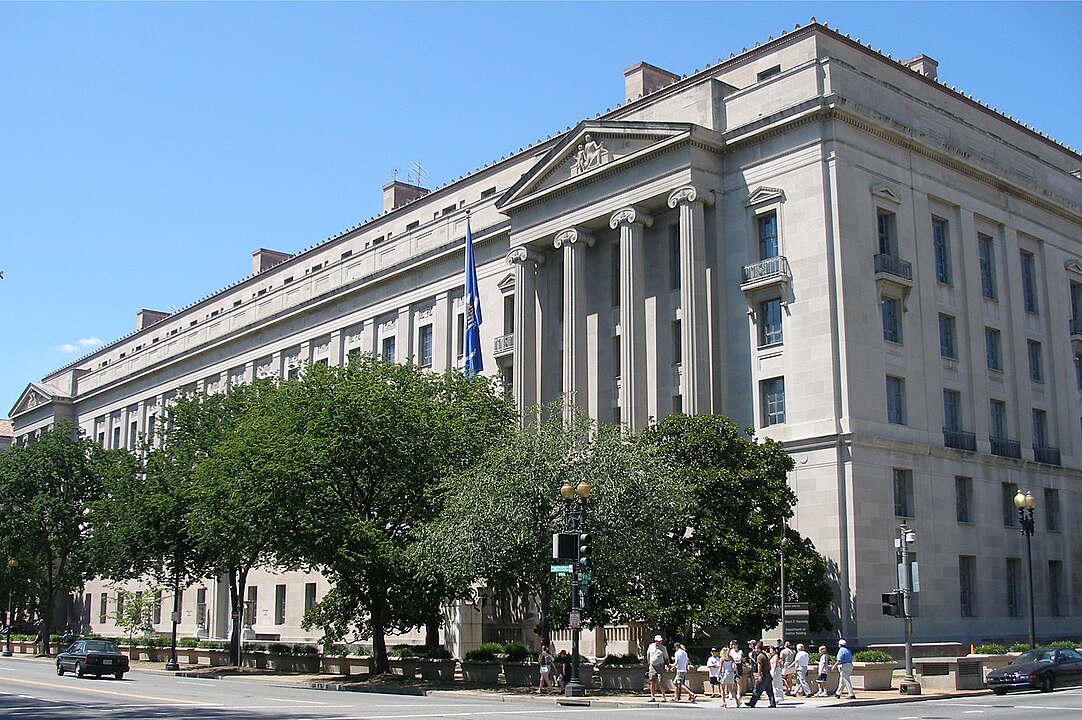The United Kingdom is nearing the culmination of a lengthy legislative journey, focusing on the regulation of cryptocurrency. The Economic Crime and Corporate Transparency Bill, set in motion last September, is reaching its critical phase of approval in the House of Lords.
This legislation was crafted to address concerns surrounding financial crimes linked to digital currencies. Over the span of a year, it journeyed from its origins in the House of Commons, undergoing numerous evaluations, and is currently stationed at the House of Lords awaiting final consensus.
As the Lords analyzed the bill, they realized the necessity for specific alterations to ensure its primary focus remains on funds generated from fraudulent activities or financial wrongdoings. Alongside this, there's a pronounced emphasis on providing clearer guidelines for corporate integrity and how businesses from foreign shores register in the UK.
Now, as it stands at the precipice of becoming law, the House of Commons will reconvene to either approve the refinements introduced by the Lords or suggest further revisions.
Once the two Houses reach a unanimous decision, the next step would be to secure royal assent. This longstanding tradition involves the monarch granting formal validation to the legislative decision, marking its transition into enforceable law.
Adding to the conversation surrounding digital currency regulation, the Financial Conduct Authority (FCA), the principal financial watchdog in the UK, voiced its eagerness to collaborate with cryptocurrency businesses. This shared initiative aims to establish a comprehensive set of rules guiding the digital currency landscape.
Sarah Pritchard, the FCA's Executive Director, expressed these sentiments at the City Week conference in London. Instead of quoting her directly, it can be summarized that she emphasized the importance of mutual cooperation to ensure that guidelines are favorable for all stakeholders – the market, the consumers, and the businesses.
Pritchard also shed light on the fact that the FCA's primary role is to oversee that cryptocurrency enterprises in the UK adhere strictly to Anti-Money Laundering and Counter-Terrorist Financing protocols.

























Comment 0